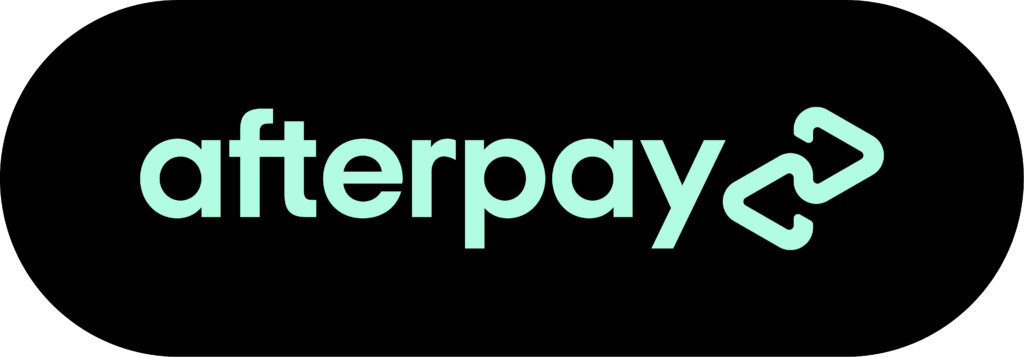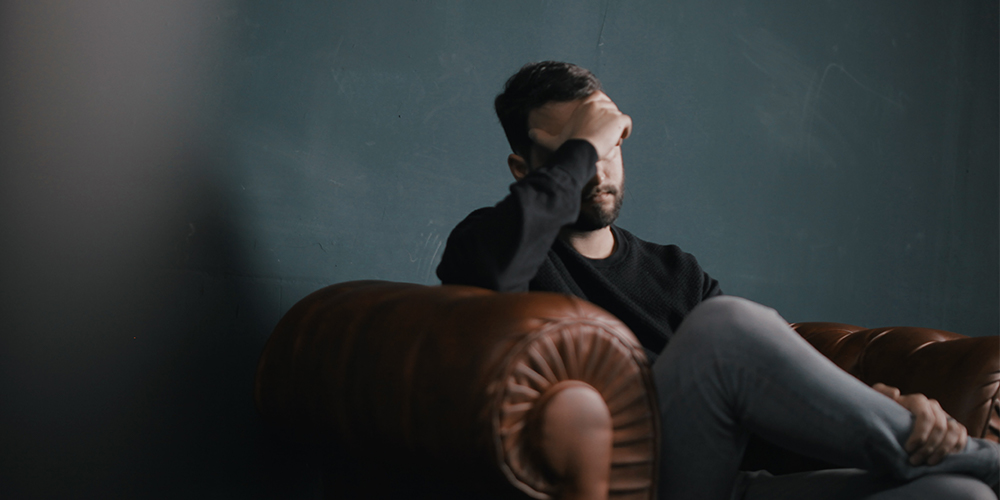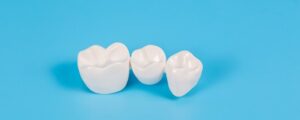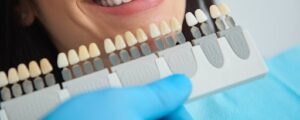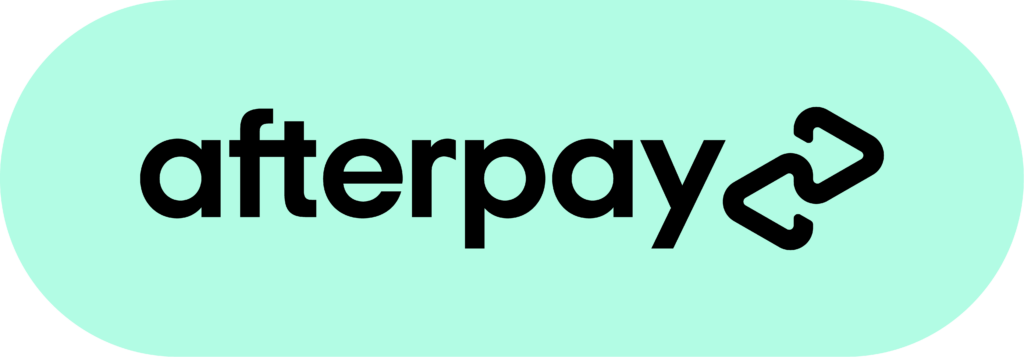This week is Headache and Migraine Awareness Week. Headache Australia is an organisation that supports more than 5 million Australians who are affected by headaches and migraines. I am a big supporter of Headache Australia and the work they do to bring awareness to chronic migraines suffered by millions of Australians.
According to Migraine Trust, about 1 in 7 people have migraines and it is the third most common disease in the world. Approximately 20% of Australians suffer from migraines at some stage in their lives. Headache Australia suggests migraines are most common around 35-45-year-olds.
The connection between your teeth and headaches
Did you know that your teeth and jaw could be the cause of your headaches and migraines? In your jaw the Temporomandibular joint (TMJ) is a joint that connects your jaw to your skull in front of the ear. When these joints in the jaw do not align, this can cause too much pressure on your jaw muscles and as a result can often lead to headaches and migraines.
Teeth Grinding
Teeth grinding (also known as Bruxism) can also be a possible contribution to headaches and migraines. Generally, when an individual has a habit of grinding their teeth they will most likely do this while they are asleep. Teeth grinding can cause muscle spasms and an inflammatory reaction that can be painful and can contribute to headaches or migraines
Clenched Jaw
A clenched jaw or constant biting can put too much pressure on the joint muscles in one’s jaw which could lead to a painful jaw. Teeth grinding or clenching are habits that are often diagnosed in patients who have TMJ pain.
Treatment for TMJ
As a dentist I can evaluate your bite and check for possible signs of dental issues related to your migraines and headaches. There are measures that can be put in place such as occlusal splints to combat the pain associated with TMJ Dysfunction. There is no need to be in pain.
